Senior Stretch: Philosophy Day
UK
About
Welcome to the Senior Stretch Study Day 2026!
Join the thinkers! Step into a day of big ideas and lively debate.
Senior students will grapple with timeless puzzles that have challenged great minds from Plato to Machiavelli — exploring questions of truth, love, courage, and what it means to live well.
More than just abstract theory, this is philosophy in action: learning to follow the logic, question assumptions, and test ideas that touch every part of human life. Why Philosophy? We live in a world overflowing with opinions, headlines, and quick takes — but philosophy teaches us to pause, to think carefully, and to follow the logic before leaping to conclusions. At Philosophy Day, students won’t be given ready-made answers; instead, they will learn to question assumptions, evaluate arguments, and tackle life’s biggest puzzles with clarity and confidence.
About Senior Stretch
Ignite the fire of intellectual growth with Senior Stretch, a revolutionary event designed specifically for more able students, who yearn to explore the vast and captivating realm of interdisciplinary knowledge. Senior Stretch is not your everyday classroom programme. Instead, it’s a journey where students engage at a conceptual level, exploring interdisciplinary ideas to expand their intellectual capacities and ignite a passion for the pursuit of knowledge.
This study day is not about memorising information. We work at the conceptual level to explore intellectual foundations and equip students with a deeper understanding. It’s about taking an interdisciplinary approach to the fundamental ideas that underpin our understanding of the world, ourselves, and others. We bring to you the kind of intellectual stimulation previously only experienced by the students of Oxford and Cambridge. We bring Oxbridge to you.
Remember, knowledge is power. Ignite the fire within you and let Senior Stretch guide your way towards a future that’s as brilliant as your mind.
What to expect
Peer Networking: Connect with gifted students from diverse backgrounds, exchange ideas, and forge lifelong friendships.
Discussions: Participate in thought-provoking discussions on contemporary issues and global challenges.
Critical thinking and Problem solving: Explore new ideas and develop strategies for real-world challenges.
Programme
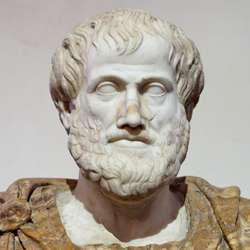
Escaping the Cave: Why Plato’s ideas Still Shape the World
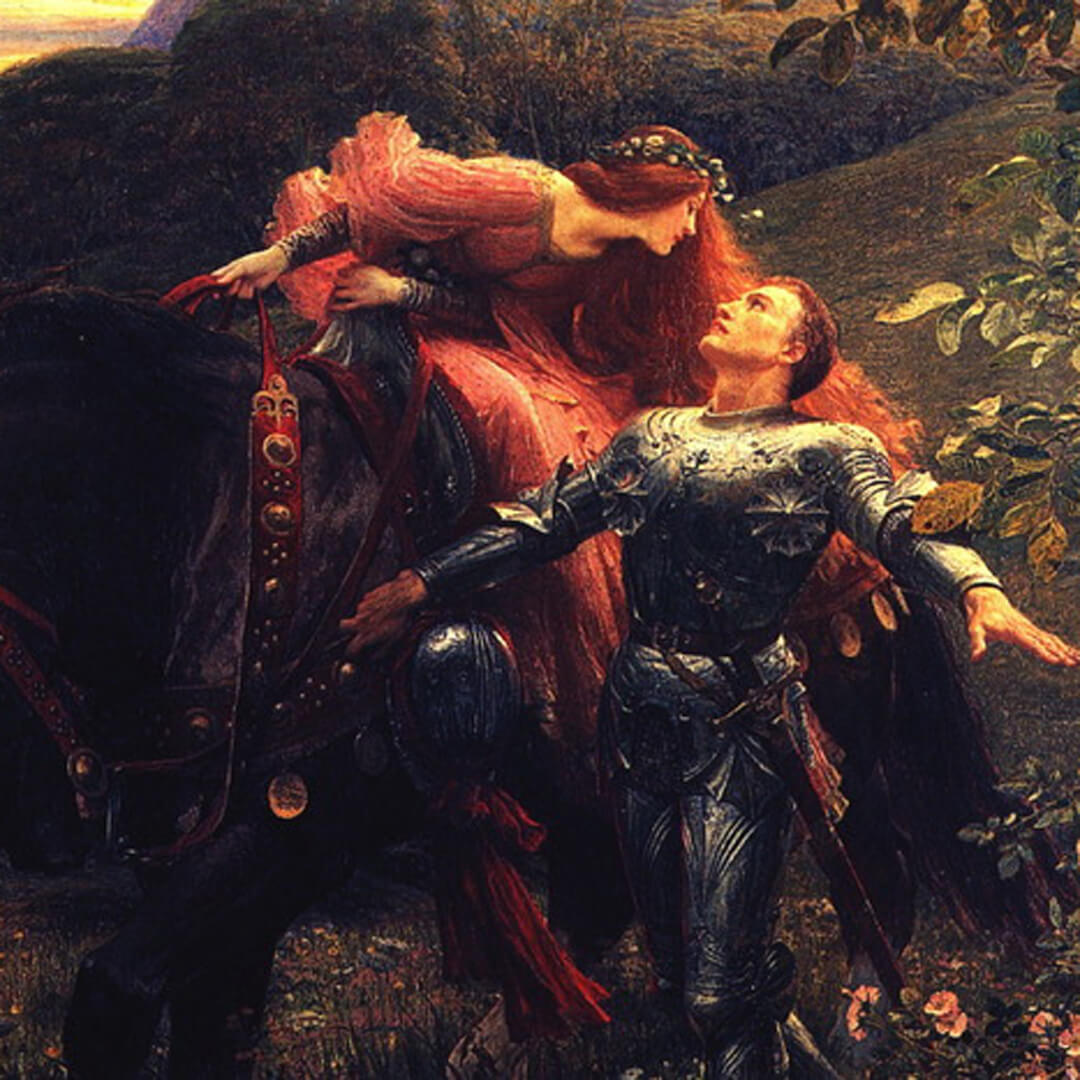
Renaissance Love: Through the Bedroom Keyhole with Machiavelli
Through his letters, comedies, and the legal records of his time, we can peek “through the bedroom keyholes” of Renaissance Florence. What we find is both fascinating and unsettling: love, marriage, and gender were viewed in ways that challenge many of our modern assumptions.
This session will invite students to grapple with the philosophical puzzle: what do these Renaissance perspectives reveal about love and marriage today? Is Machiavelli’s no-nonsense take on human behaviour a cynical dismissal of romance, or a clear-eyed recognition of human nature? And how far have our ideas about love, marriage, and gender really moved on?
By turns funny, sharp, and sometimes shocking, this inquiry opens up a world both distant and disarmingly familiar — a chance to test our own ideas against the provocative insights of the Renaissance.

The Philosophy of Courage
From the earliest thinkers to modern psychology, courage has been seen as something essential to human life — the strength that allows every other good quality to stand. Yet its meaning is far from simple. Is courage about bold action, or patient endurance? Is it forged in extraordinary moments, or discovered in the choices we make every day?
In this session, students will be shown how ideas about courage have evolved from Aristotle’s account of it as the foundation of the moral life, through Aquinas’ focus on steadfastness, and into modern perspectives that explore resilience and personal growth. More importantly, they will be equipped with the tools to think for themselves about what courage is and why it matters.
This session will invite students to grapple with the timeless question What is courage? and to test how it speaks to their own lives. They will be challenged to think laterally, question deeply, and push beyond surface-level answers. Together, we will explore how courage has been understood in different traditions, and what that reveals about fear, freedom, and human flourishing. Most of all, students will be encouraged to reflect not only on how to understand courage, but on how to become a person of courage.

Music, the Brain and Healing
Drawing on research from evolutionary psychology, this talk will explore how music has helped our species survive, and how music has been used across history for healing and ritual. Neuroscience now reveals how music affects the brain — releasing dopamine highs, reawakening memory in Alzheimer’s patients, and helping stroke survivors learn to speak again. From its effects on disorders of memory, mood and movement, we’ll look at what modern research tells us about the healing power of music today.
Learn what the research says about music in our everyday life – how the music we choose can sharpen our focus, soothe our stress, and improve our mental health. What does that say about the hidden connections between emotion, reason, and our shared ancestral human culture? Are we, in some sense, made for music? This session will invite you to reflect on music not merely as a soundtrack to our lives, but as a philosophical puzzle: a scientific marvel, a profound source of meaning, and one of the most powerful forms of healing we possess.

The Great Debate: This House believes that human beings are ruled more by fear than by love.
Speakers
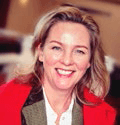
Julie Arliss
Julie is a Farmington Scholar at Harris Manchester College, Oxford and coordinates major projects for the Ian Ramsey Centre, including a $3.6M initiative in Central and Eastern Europe, and various outreach programs for schools. As the Founder and Head of Academy Conferences, she has reached over 30,000 students and 4,000 educators across the UK, Australia, and New
Zealand. Julie’s notable projects include “Accelerating Insight” and “Philosothon Expansion,” funded by the Templeton foundations.

Dr. Christopher O’Neill
registered psychotherapist and trained counsellor. He initiated the large-scale MYRIAD research project in Oxford University investigating resilience and wellbeing in young people. He has forty years’ experience of working with students and staff in schools and is an exceptional educator.
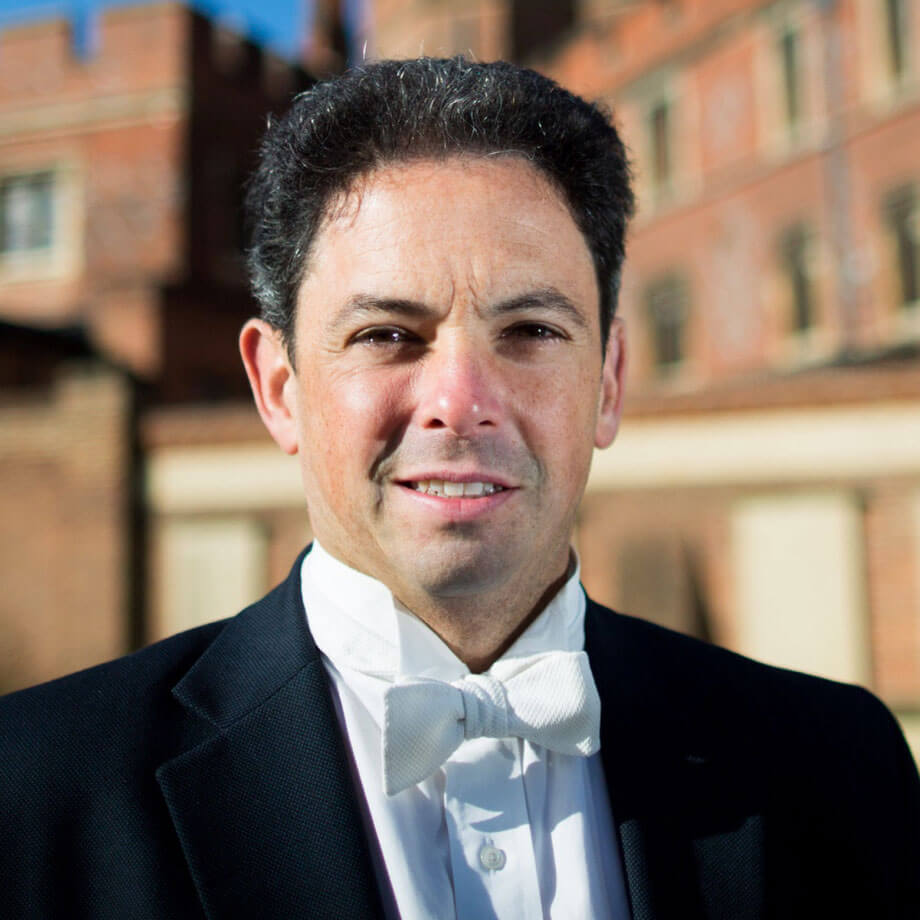
Mike Grenier
Mike founded the UK Slow Education movement in 2012, emphasizing deep,
meaningful learning and strong student-teacher relationships. He champions a reflective approach to education, urging us to reconsider our haste in teaching. Mike’s work extends to various state schools in the Thames Valley through Eton’s outreach programme. Don’t miss this opportunity to learn from
a pioneer in educational reform and discover the benefits of a slower, more thoughtful approach to learning.
Conference Dates
Booking
Conference Fees
Students
A fixed fee of £38.50 each.
Early bird fee of £35 for bookings made before 9th January 2026.
We have access to sponsorship for students wishing to attend but for whom the cost is a significant challenge for their families. Please contact us for further details.
Staff
A fixed fee of £38.50 each.
Early bird fee of £35 for bookings made before 9th January 2026.
One free place with every 12 students is deducted at checkout.
Unaccompanied teachers attending for their own CPD to pay £220.
Please Note
These events fill quickly but we appreciate that many schools need time to collect money from students.
Booking Places at a Conference
Please note that we cannot accept bookings for unaccompanied students, and all students attending are required have a supervising teacher, or parent, with them. This is a workplace health and safety issue, as we do not have the necessary staff to provide supervision of students at the conference, or during meal breaks. [If a school is not attending, and a student from that school wishes to attend independently, they can do so, but they must be accompanied by a supervising adult who is charged at the same rate as the student, and who makes the booking on behalf of the student. A supervising adult can be a parent or other responsible person over 18. The school or parent must give permission for the student to be absent from school on that day]
Arrival and Registration
Oxford from 9.15, start 09.45, finish 15.15
London from 9.45, start 10.15, finish 15.45
